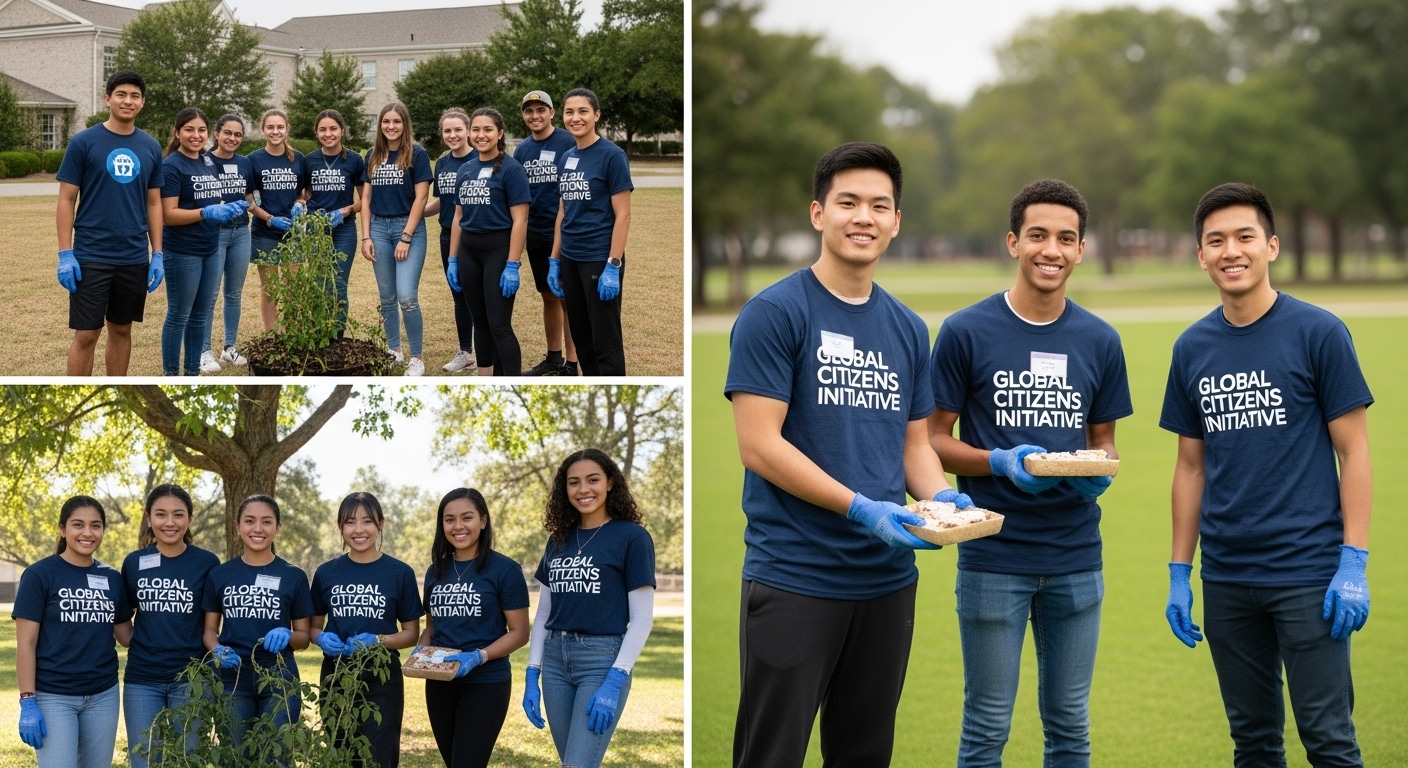A strong academic pathway gives learners meaningful opportunities to build confidence, curiosity, and cultural literacy across varied subjects. Many parents in Singapore appreciate programmes that help adolescents form adaptable perspectives suited for international environments. A structured approach with broad subject exposure prepares learners for responsibilities that extend far beyond examinations.
A cambridge secondary school singapore, known for rigorous standards, usually encourages students to grow through practical skills, thoughtful exploration, and consistent personal discipline. Such exposure fosters relevant strengths that match global expectations across diverse fields. This article highlights seven ways this educational stage improves global readiness for students in Singapore.
1. Broad Subject Foundations that Build Versatile Thinking
A broad subject range supports meaningful growth because students interact with concepts that strengthen analytical habits. Balanced subjects nurture habits that help adolescents build resilience when approaching unfamiliar material from multiple domains. Students involved in varied disciplines strengthen long-term adaptability through repeated engagement with thoughtful content presented through accessible formats.
The Cambridge lower secondary programme provides coherent progression across globally essential skill areas, and this approach aligns strongly with its principles. Adolescents develop dependable thinking patterns as lessons highlight core principles guiding problem-solving expectations. Teachers supporting this model help students connect ideas from science, mathematics, humanities, and languages while promoting clarity in daily learning experiences. Such foundations expand opportunities for future academic pathways that value versatility.
2. Language Emphasis that Strengthens Global Communication
Language mastery across multiple subjects enhances long-term readiness because learners communicate confidently in formal and collaborative settings. Strong communication nurtures cultural sensitivity that supports smoother interaction in multicultural communities. Clarity in speaking and writing encourages students to express ideas effectively across different social contexts.
Lessons shaped by practical communication goals guide adolescents toward thoughtful discussions that respect diverse viewpoints from peers and educators. Exposure to global texts builds cultural appreciation that remains valuable beyond academic settings. Continuous language practice reinforces clear articulation that strengthens personal identity.
3. Inquiry-Focused Science Learning
Science instruction promotes observation, curiosity, and steady reasoning through investigations shaped around real conditions affecting communities across regions. Adolescents participating in practical experiments strengthen confidence because repeated trials reveal clear cause-and-effect relationships across scenarios. Investigations nurture disciplined thinking that benefits students progressing to higher fields of research.
Hands-on activities reinforce understanding of environmental systems while introducing the significance of sustainability, public health, and scientific responsibility. Continuous exposure to these themes trains learners to appreciate global challenges faced by communities worldwide. Teachers encourage students to explore scientific questions that foster a deeper understanding of natural processes guiding daily life.
4. Mathematical Skills that Strengthen Strategic Reasoning
Mathematics supports structured reasoning that guides students toward solving complex tasks through logical sequences aligned with real-world applications. Repeated exposure to carefully planned exercises builds consistency and strengthens concentration across diverse numerical challenges. Well-designed tasks cultivate strategic habits valued in many professional sectors.
Students gain confidence by applying concepts across varied scenarios that highlight the importance of precision and methodical thinking. Teachers in Singapore introduce problem types that encourage steady perseverance while reducing anxiety surrounding challenging calculations. Gradual progression ensures learners maintain clarity as concepts grow increasingly demanding.
5. Humanities Perspectives that Expand Cultural Understanding
Humanities subjects nurture empathy, historical awareness, and responsible interpretation of global events that shape societies. Exposure to diverse narratives strengthens appreciation for cultural traditions existing across regions. Lessons introduce students to political, economic, and environmental themes that impact communities worldwide.
Critical discussions support reflection on decisions made throughout global history. Such learning promotes responsible thinking that prepares adolescents for future workplaces that value thoughtful perspectives. Students gain insight into relationships among communities shaped by shifting global patterns.
6. Digital Competence that Enhances Modern Adaptability
Students in Singapore receive structured opportunities to develop digital confidence through tasks requiring responsible use of technology across subjects. This preparation strengthens readiness for professional environments shaped by constant technological integration across fields. Learners gain practical exposure to digital tools that reinforce creativity and collaboration.
Teachers in Singapore design projects requiring the interpretation of online information while helping students identify reliable sources. Responsible digital practices reinforce ethical habits linked to global citizenship expectations. Structured guidelines support safe decision-making throughout research tasks.
7. Character Development that Supports Lifelong Global Readiness
Character education cultivates responsibility, empathy, reliability, and disciplined decision-making required in multicultural environments. Adolescents gain confidence when educators emphasise respect, integrity, and cooperation across classroom activities. Such strengths shape identity while supporting personal growth. Opportunities for reflection encourage more responsible behaviour across academic and social settings.
Teachers guide discussions that reinforce positive habits valued in international communities. Students gradually learn the importance of consistent conduct aligned with long-term goals. Exposure to collaborative roles strengthens teamwork skills essential for global readiness.
A cambridge secondary school in Singapore helps students grow through balanced subjects, disciplined learning habits, and clear pathways that enhance future opportunities. Their academic, personal, and cultural preparation supports successful progression into future pathways requiring maturity, resilience, and clear communication. This steady foundation enables learners to explore wider possibilities with confidence and a strong sense of purpose.
